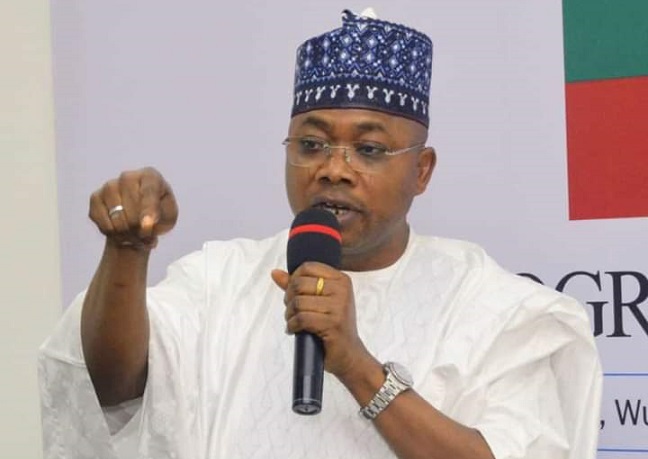Members of the Organised Private Sector have called on the government to foster a business-friendly environment to attract increased diaspora remittances.
They noted that remittances have become a crucial pillar of Nigeria’s economy, outpacing foreign direct investment in recent years.
The World Bank reported that Nigeria received $20.1 billion in diaspora remittances in 2022, accounting for 4.7% of the nation’s GDP.
A 2023 report by PwC projected that diaspora remittances could hit $34.8bn by 2028 if properly harnessed. However, the transformative potential of these funds extends beyond individual welfare; they can catalyse infrastructure development, industrial growth, and job creation.
Despite the substantial inflows, experts believe Nigeria has not fully harnessed diaspora remittances for national development.
A 2022 African Development Bank study found that only 25% of remittances are directed toward productive investments, with the rest mainly spent on consumption.
To address this, the Nigerian government has implemented initiatives to encourage diaspora investments. Notable efforts include establishing the Nigerians in the Diaspora Commission and introducing diaspora bonds in 2017 to strengthen engagement with the diaspora community.
The government had noted that the diaspora bond raised $300m, reflecting the trust and willingness of Nigerians abroad to invest in their home country.
However, the OPS says more structured policies are needed to unlock the full potential of these investments. For instance, creating incentives such as tax breaks, investment guarantees, and access to land for diaspora investors that promote a business-friendly environment could significantly boost participation.
Recall the Central Bank of Nigeria introduced the Naira4Dollar scheme in 2022 to encourage exports and attract foreign direct investments. Under this initiative, the CBN offered a rebate of N5 for every $1 remitted through licensed International Money Transfer Operators.
A World Bank report noted that Nigeria’s remittance costs are among the highest in Sub-Saharan Africa, averaging 8.9 per cent.
Speaking, the Director-General of the Nigeria Employers’ Consultative Association, Mr Adewale-Smatt Oyerinde, emphasized the importance of diaspora remittances, highlighting that with a growing number of Nigerians abroad sending money home, these inflows have become a crucial source of foreign exchange for the country.
However, high transaction costs and exchange rate disparities remain significant obstacles to maximizing their impact.
Oyerinde said, “The current economic challenges and perceptions have limited the potential of diaspora remittances, as much of the funds are spent on daily needs like food and shelter. To maximise their impact, remittances should be directed toward driving investments.”
He emphasised the need for the government to build citizens’ confidence abroad and create a business-friendly environment to encourage diaspora investments.
The NECA boss said, “While making and remitting money is crucial, the central bank’s main challenge is that much of the diaspora remittance bypasses the banking system.”
Oyerinde noted that a substantial amount of foreign exchange entering Nigeria goes unnoticed, exceeding the amount flowing through the banking system.
He urged the government to build confidence and guarantee returns to encourage more formalized diaspora investments.
Meanwhile, the President of the Association of Senior Staff of Banks, Insurance and Financial Institutions, Olusoji Oluwole, said, “Diaspora remittances increase the external holdings of the country and financial institutions if sent in a tradable currency like the US dollar. These reserves fund productive activities that will in turn aid development.
“Even though these remittances are meant to augment the income of beneficiaries, some of them invest them in profitable ventures which again is good for the economy particularly the informal sector where jobs are created and provides additional tax income for the government.”
Also, a financial analyst, Mr Tuyor Otubanjo, said, “Harnessing diaspora remittances and investments effectively requires a multi-pronged approach, including improved governance, transparency, and accountability.
“By creating an enabling environment and leveraging the financial and intellectual capital of its diaspora, Nigeria can transform remittances into a strategic resource for sustainable development.”











